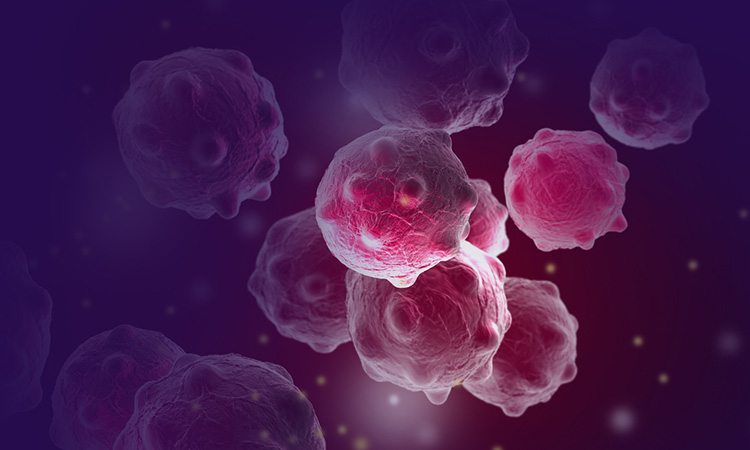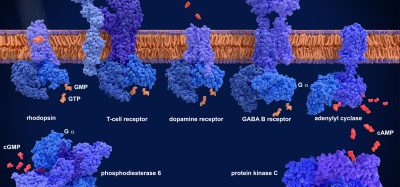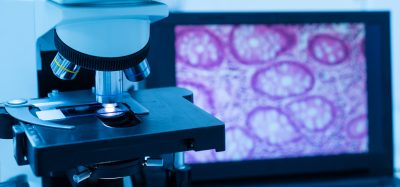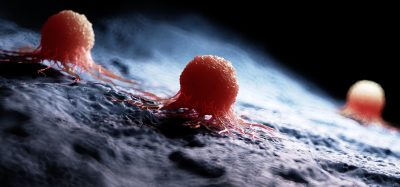Researchers develop novel way to identify new cancer drugs
Posted: 26 January 2021 | Victoria Rees (Drug Target Review) | No comments yet
A team has developed a new way to discover peptide therapeutics that inhibit HDAC enzymes and are effective against cancer.


Researchers have developed a new method to reveal how proteins called histones and enzymes known as HDACs interact to contribute to changes in gene expression. According to researchers from the University of Copenhagen, Denmark, these enzymes help the cell divide and develop, which is the reason why they serve as targets for anti-cancer medicine.
“We have shown details of how these enzymes interact with proteins around our DNA and our method provides a new means for identifying possible anti-cancer drugs very quickly. In the study, we show that the method works: we synthesised a peptide that affected just the right parts of living human cells, using the same target as anti-cancer medicine uses today,” said Carlos Moreno-Yruela, one of the authors of the study.
The researchers explain that HDACs are a group of 11 different enzymes, which means that targeting them all at once with a non-selective medicine will affect many essential processes in the body. This may also explain some of the side effects in the clinically approved HDAC-inhibiting anti-cancer medicine.
“Our detailed insight into the enzymes’ interactions gained with the new method provide hope for the development of more specific HDAC inhibitors with potential as drug candidates. This could bode well for the development of more sophisticated compounds for cancer therapy with fewer side effects,” said Professor Christian Adam Olsen, one of the authors of the study.
The team used the new method to identify peptides, which they resynthesised in larger amounts and subjected to human cells. They found that the expected HDACs were inhibited in living cells.
“We were surprised to see such a prominent effect of an unoptimised peptide in cells. Normally, one would need to introduce a variety of modifications to optimise its properties. However, this almost fully natural peptide had a really potent effect, which emphasises the potential of our findings,” said Olsen.
The researchers now hope to use the method for identifying promising cancer drug candidates which could go on to pre-clinical testing.
The results were published in Nature Communications.
Related topics
Enzymes, Histones, Oncology, Peptide Therapeutics, Protein, Screening, Target Validation, Targets
Related conditions
Cancer
Related organisations
Copenhagen University
Related people
Carlos Moreno-Yruela, Professor Christian Adam Olsen








